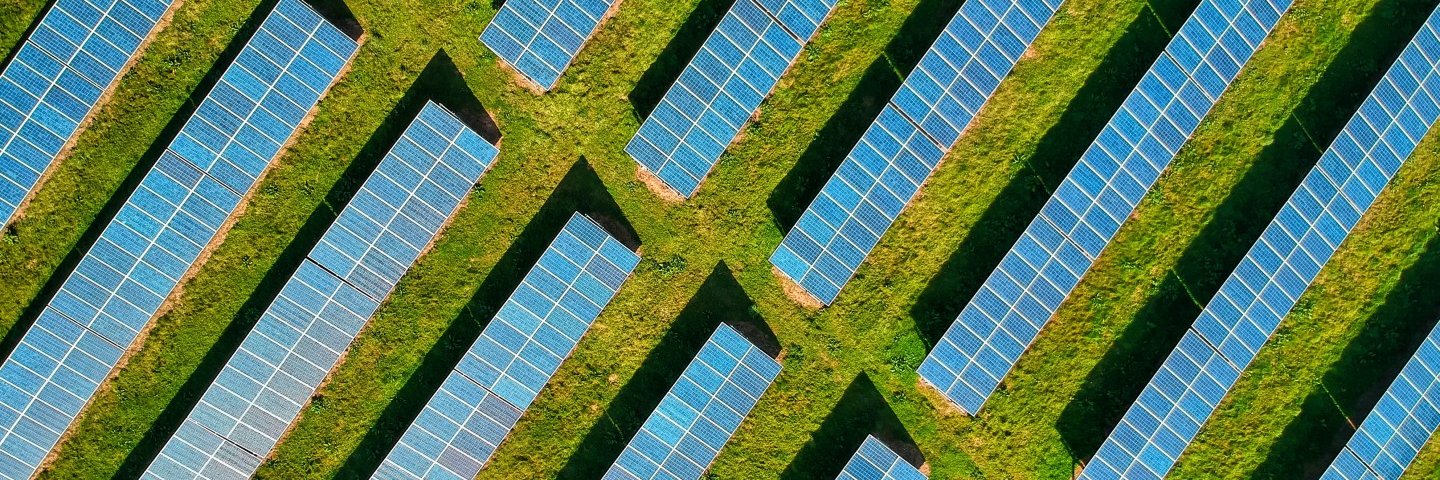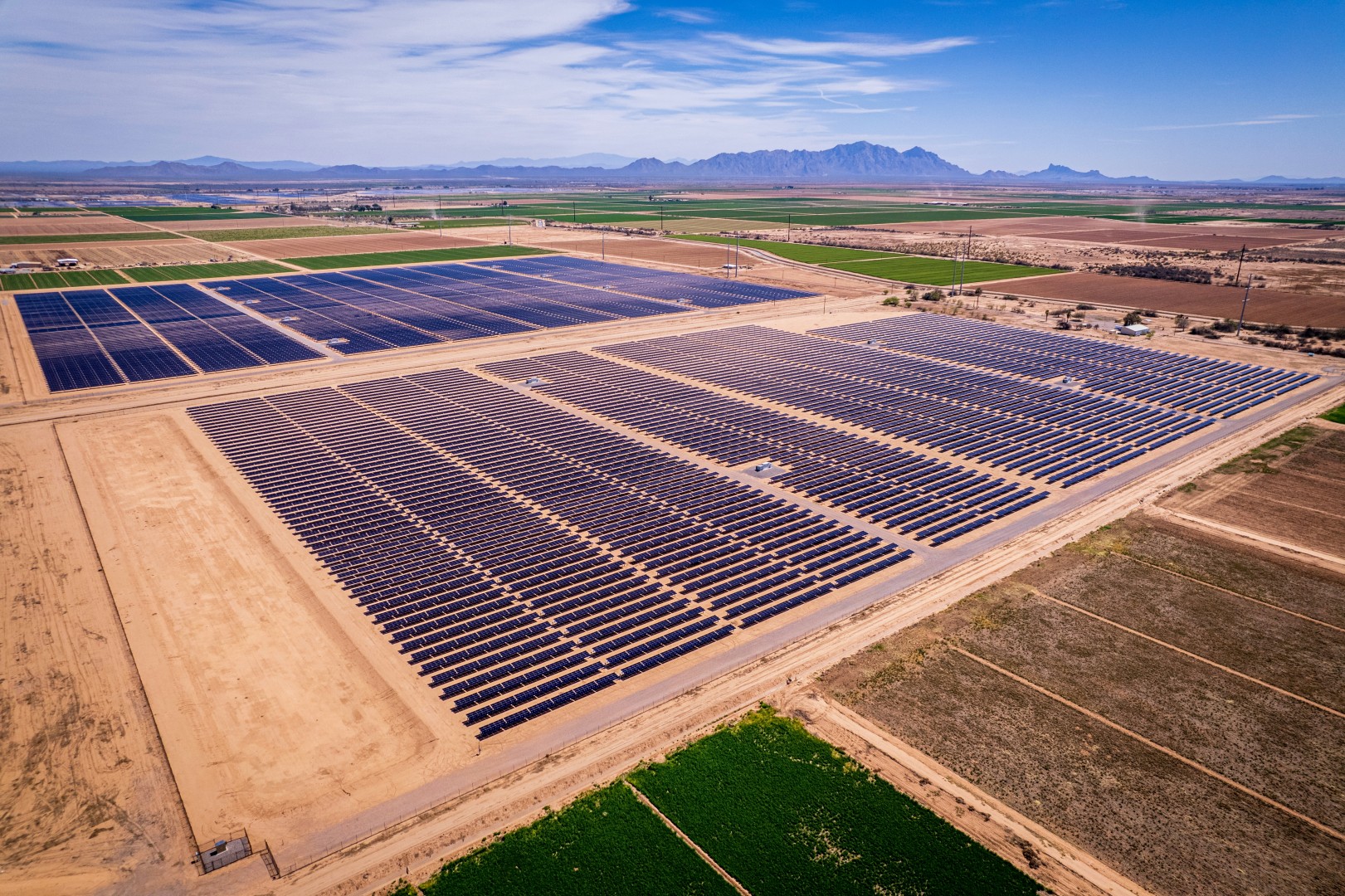A new frontier for Agrivoltaics: the launch of the SYMBIOSYST project
Building a world wherein solar energy and agriculture can have a mutually beneficial relationship
Imagine a future where food and renewable electricity can be produced on the same piece of land. This remarkable opportunity, which combines the expertise from two disciplines – agriculture and electricity generation from solar photovoltaic (PV) panels – is actually already within reach. The concept of agrivoltaics or agri-PV can maximize land-use efficiency and secure both our food and renewable energy supply, consequently supporting the ambitious target of reaching net-zero emissions by 2050.
The SYMBIOSYST project is a Horizon Europe-funded initiative that aims to demonstrate the synergies that arise within agri-PV systems. The project will develop technological solutions and strategies to increase the competitiveness of agri-PV solutions across Europe, while minimizing the impact on the landscape and environment. Standardized cost-effective solutions will be adapted to the specific needs of various crops in different climates and landscapes.
The project will demonstrate the developed products and services through a network of agri-PV plant demonstrators in four agricultural scenarios. The interdisciplinary consortium of partners includes experts in agriculture, precision farming, technology, social acceptance, and integrated PV applications: Eurac Research (Italy, coordinator), Interuniversitair Micro-Electronica Centrum - IMEC (Belgium), Technische Universiteit Delft (Netherlands), Agenzia Nazionale per le Nuove Tecnologie, l’Energia e lo Sviluppo Economico Sostenibile - ENEA (Italy), Aleo Solar GmbH (Deutschland), KU Leuven (Belgium), Centro di Sperimentazione Laimburg (Italy), Südtiroler Bauernbund (Italy), ETA Florence - Renewable Energies (Italy), Universitat Politecnica de Catalunya (Spain), Physee Products B.V. (Netherlands), Kubo Innovations BV (Netherlands), Convert Italia SPA (Italy), Lucisun (Belgium), 3E (Belgium), Belgisch Laboratorium Van Elektriciteitsindustrie (Belgium), EF Solare Italia SPA (Italy), Above Surveying LTD (United Kingdom, affiliated partner).
TU Delft’s contribution
The activities of TU Delft will be carried out at the Photovoltaic Materials and Device group. Researchers will perform a series of investigations on the design, modelling, and optimization of agri-PV systems to enhance synergies and promote their deployment. The conducted research will primarily comprise of three tasks.
First of all a tool will be developed that optimizes the PV array deployment configuration for both fixed and tracking bifacial agri-PV systems across Europe. The tool will determine the most suitable PV array placement and arrangement given a certain site, farming practise, and crop, for both open fields and greenhouses.
For a more detailed analysis, TU Delft will secondly expand current PV modelling techniques and customize the design of agri-PV modules and systems with the aim of enhancing light intensity and uniformity on crops. This will promote the adoption of agri-PV systems in less favourable climatic conditions and with crops that demand plenty of light.
Finally, a low-cost solar spectral irradiance meter will be developed, tailored for agri-PV applications, that can reliably measure the amount of light incident on both crops and bifacial PV modules. Such an all-inclusive sensor is not currently available within the market and its adoption will support successful monitoring of agri-PV assets.

